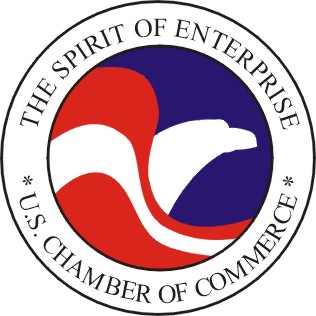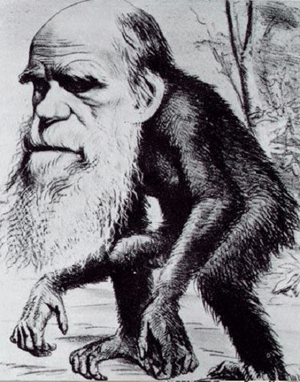
A few days after I made fun of the U.S. Chamber of Commerce for saying it wants a hearing on climate change that would be “the Scopes monkey trial of the 21st Century,” the group has backed off the comment. Chamber vice president Bill Kovacs blogs on the National Journal website:
My “Scopes monkey” analogy was inappropriate and detracted from my ability to effectively convey the Chamber’s position on this important issue.
What is the Chamber’s position on this important issue? According to Kovacs, the Chamber is not one of the business lobby’s “Climate ‘deniers,'” but is simply against an “endangerment finding” by the EPA–a conclusion that greenhouse gasses are a threat and should therefore be regulated as pollutants. As I stressed yesterday, the endangerment finding serves as a powerful political club for the Obama administration in pushing the cap and trade bill that the Chamber opposes. “[O]ne can be against an endangerment finding and still supportive of strong, effective action to reduce carbon emissions,” Kovacs writes. “Indeed, the Chamber’s platform of technology, efficiency, and a global approach would actually do more to reduce global greenhouse gas emissions than a finding by EPA ever could.”
Assuming that’s true–and there’s no real evidence it is–when did “technology, efficiency, and a global approach” and an endangerment finding become mutually exclusive?
I continue to be appalled that the Chamber, which represents 3 million businesses, some of whom disagree with its stance on cap and trade, is run by people as short-sighted and blatantly dishonest as Kovacs. Even as he distanced himself from the “Scopes” comment and the “climate denier” label, he rolled out a list of “uncertainties” about human-generated climate change, ending in a mention of “the saga of Alan Carlin, the EPA whistleblower whose internal report criticizing the data behind the endangerment finding was ignored.” As has been thoroughly addressed here and elsewhere, Carlin is an economist, not a climate scientist, and his report was read and discounted–“ignored,” if you will–because it was based on false assumptions and flawed data. That the nation’s largest business lobby is really that stupid doesn’t bode well for the future of American commerce.















